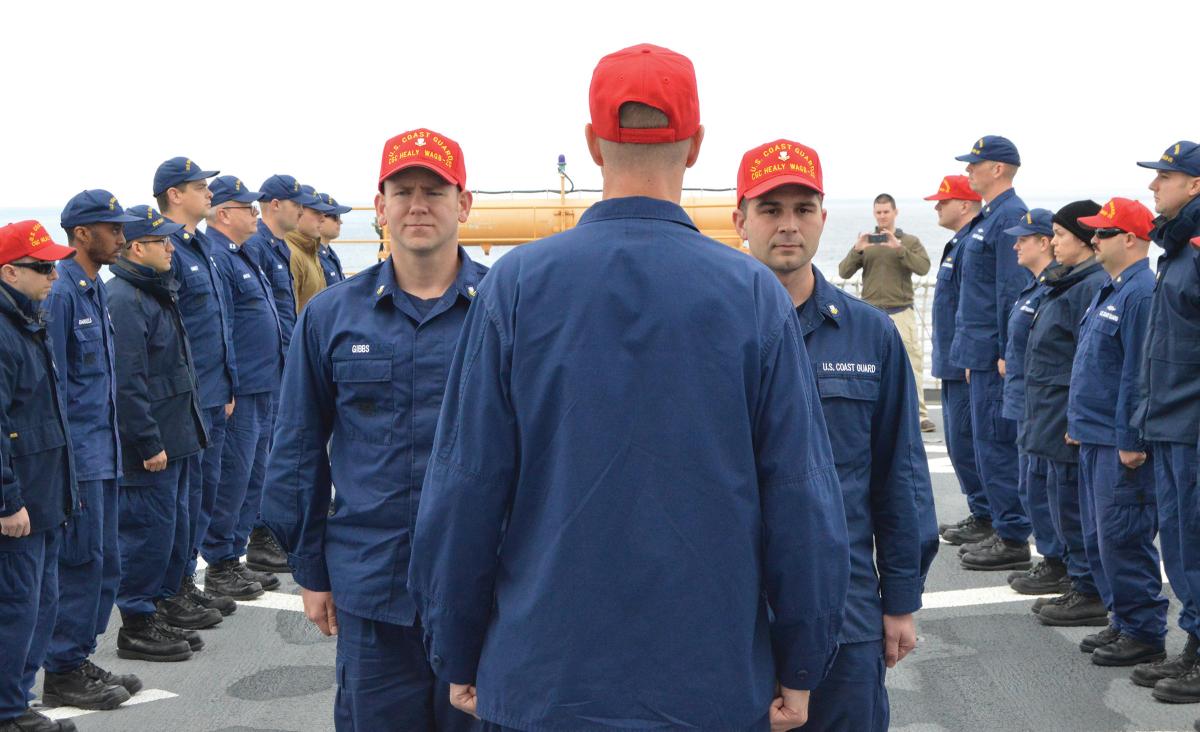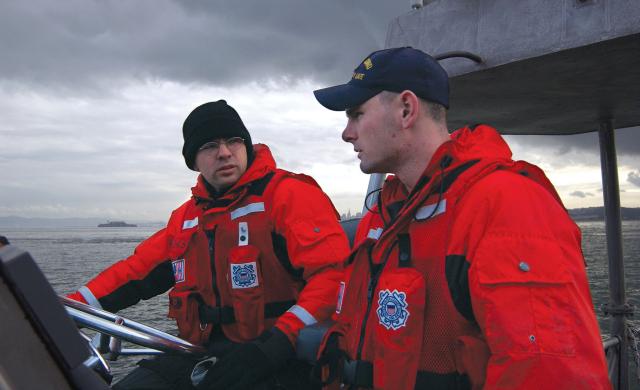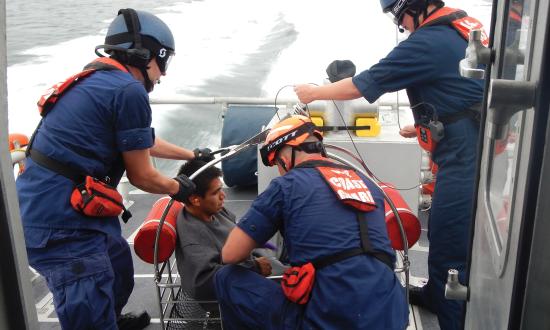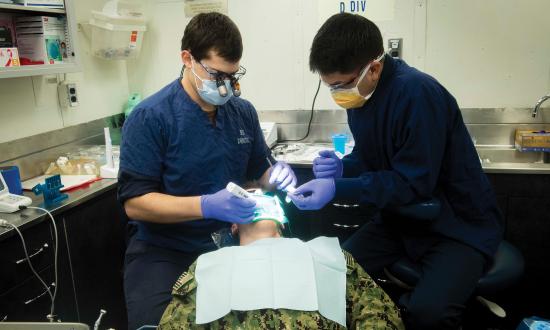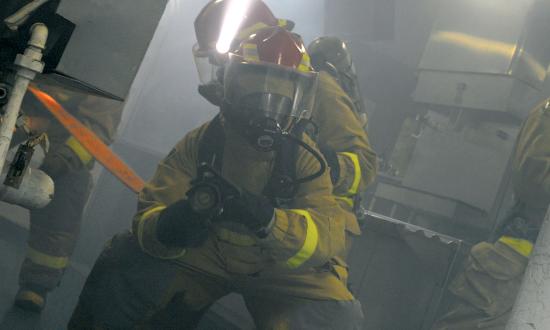No one had heard from the new petty officer reporting to our unit. Though supposedly en route, his whereabouts were unknown, and all attempts to call him had failed. The sponsor assigned to him was unsure if the phone number was correct and had no useful information other than a tentative arrival date. After learning of their trouble, I assisted the department in determining his location. With no emergency contact available, we scoured social media for his profile and found a woman with the same last name who posted how proud she was of her son’s recent advancement. Our best hope to verify the safety of our shipmate was to message his mother on Facebook.
Luckily, we did not have to. The petty officer eventually called back, citing cellphone trouble as the reason he was unable to answer. I was relieved by the outcome, but not surprised by the situation. Chaos is common during transfers.
I have experienced my fair share of it. I have reported to units that did not know I was coming, despite my best efforts to reach them. I have been given wrong instructions about where to go and what uniform to wear, and had units tell me exactly when to show up yet still have no one there to check me in. I have expressed emergent needs from a disastrous government move and had them be ignored and felt overwhelming pressure when bombarded with my new division’s problems within the first hour of arrival.
These are a fraction of my bad experiences, to say nothing of what I have seen others go through. We suffer these difficulties in silence because we want to make a good impression on our command, but rarely does it seem the feeling is mutual. As a branch responsible for serving the people of the United States during peacetime and war, the Coast Guard can do better at serving our shipmates during a permanent change of station.
There are three main layers newcomers filter through when reporting. To ensure a steady transition, each layer in the process must be reliable. This begins with the unit personnel assigned as sponsors.
As primary unit representatives interacting with new personnel after they receive orders, sponsors play a crucial role in preventing common issues arising from transfers. Their effectiveness is determined not just by their professionalism, but also by their knowledge of the area, unit, and reporting procedures. This causes drastically different experiences. I have had sponsors who were very helpful, while others were unconcerned or even in the process of being disciplined for misconduct. Sponsors should not simply be assigned, but should be selected based on their qualities. In addition, they need clear guidance on their roles as liaisons for the command, such as exchanging contact information with the transferring Coast Guardsman and confirming arrival details.
Once personnel transfer to the unit, they need to complete many tasks, most of which are listed in a single document. Thus, the next layer newcomers filter through is the unit check-in sheet.
This form lists steps the new member must take to obtain building access, housing, medical, etc. Depending on its level of detail, this document also can provide access to important resources, such as financial specialists or work-life programs. It is not without limitations, though. Currently, a unit check-in sheet is not even required by Coast Guard policy. Furthermore, while it addresses many broad concerns, because it is at the unit level, it fails to address specific division needs. Creating policy on unit check-in sheets and supplementing them with division-level procedures not only would ensure complete coverage for new members, but also could contain guidance for their sponsors.
The last layer newcomers filter through when reporting is their supervisors. While each layer of the reporting process is important, supervisors can have the biggest impact. Their role is not limited to the initial interactions of a sponsor or confined to a unit check-in sheet.
Supervisors’ jobs begin long before transfer season by arranging staff so all missions will be covered during that period. This seems obvious, yet I have reported to divisions with 100 percent turnover, an avoidable situation that puts tremendous pressure on incoming personnel. Supervisors also make sure their divisions have procedures in place to integrate members into their new assignments and sponsors perform as expected. Once new members check in, supervisors should be informative but not overbearing, with the highest priority being the needs of their new shipmates. Eventually, when the members are settled in, their supervisors can seek feedback on how to improve the process for others.
Ensuring a steady transition for personnel is not just the right thing to do, but the smart thing. It better prepares new personnel for duty and shows the high standards set for that unit. Members are grateful for the care shown, and their loyalty reflects it. As Coast Guard core values state, we treat each other with fairness, dignity, respect, and compassion, so helping shipmates through a permanent change of station should reflect that.
There is a saying that you only get one chance to make a first impression. Fortunately, during transfer season, every newcomer is another chance to make a first impression. Let’s make it a good one!



